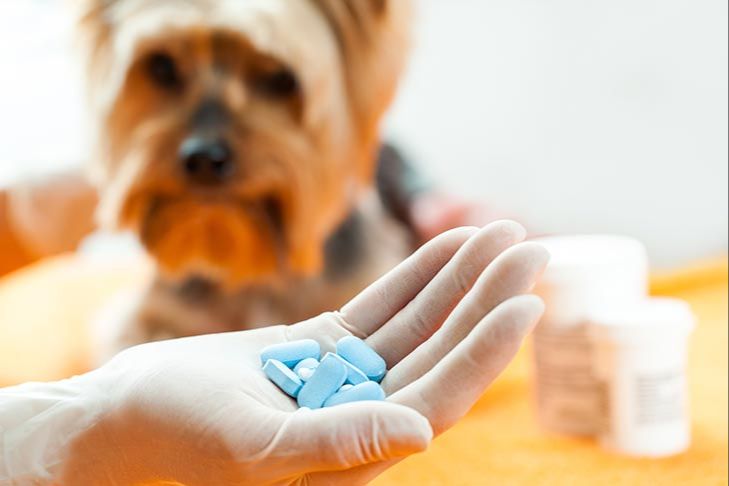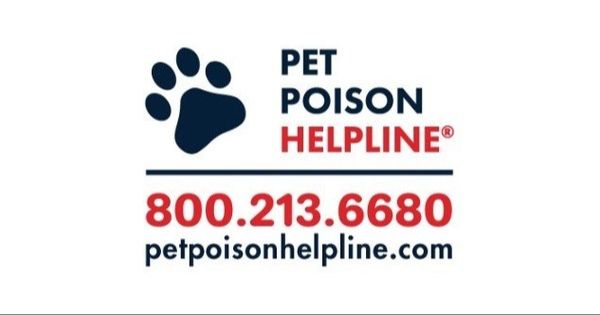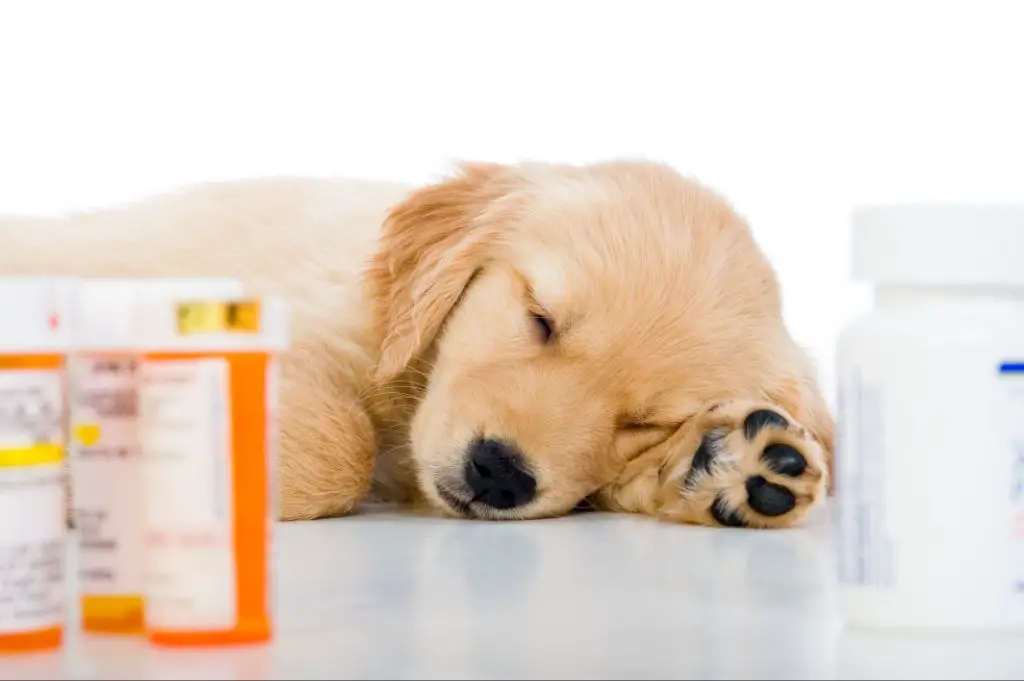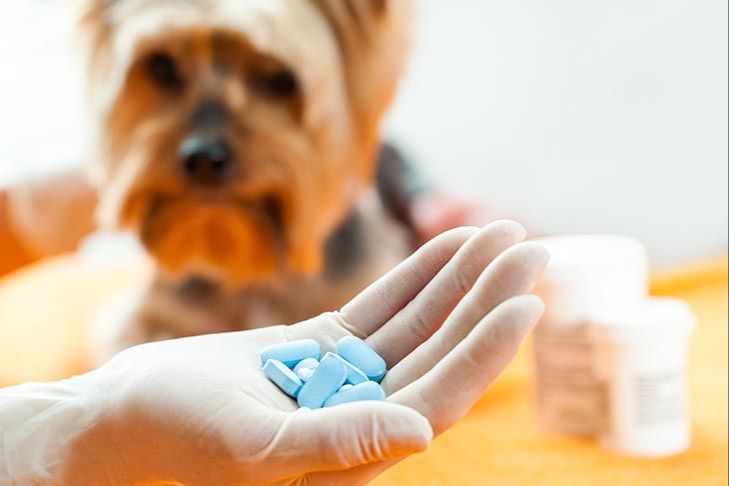The Dangers of Accidentally Taking Pet Medication
While it may seem harmless to take a pet’s medication, even by accident, pet medications can actually be quite dangerous for humans. Many pet medicines, including common drugs like pain relievers and dewormers, contain potent ingredients tailored for animal physiology. As a result, they can have toxic effects in humans if misused.
For example, a medication like Rimadyl, a popular dog arthritis drug, can cause severe liver damage or stomach ulcers at human-equivalent doses. Dewormers and flea/tick preventatives also contain concentrated pesticides that may be safe in proper animal doses but can cause nerve, brain, and organ damage in humans.
Overall, pet medicines are formulated specifically for animals and their dosages may be too high for humans. Accidentally taking them could lead to overdose and serious health consequences. Their ingredients tend to be more potent and concentrated compared to human drugs. It’s critical to keep all pet medications safely out of reach and avoid taking them by mistake.
How Could This Happen?
There are a few common ways someone may accidentally take dog medication instead of their own:

-
Kids getting into the pet medication bottles and taking pills without realizing what they are.
-
Adults absentmindedly taking pills from the wrong bottle, mixing up human and pet medication bottles that may look similar.
-
Taking the wrong pill by accident if human and pet medications are stored in close proximity.
-
Forgetting that a pill was for the dog and taking it yourself by mistake.
-
Not paying close attention and taking medication prescribed for your pet instead of your own.
-
Havingvision issues or cognitive difficulties that lead to accidentally taking the pet’s medication.
Accidental ingestion of pet meds often happens when human and animal medications are not stored properly or separately. It’s important to be very mindful when administering medication to yourself or your pets, and to keep all medications in clearly labeled bottles out of reach of children.
Signs and Symptoms
Accidentally ingesting pet medication can cause concerning side effects in humans. Some of the most common symptoms include:
-
Nausea and vomiting – Many pet medications can irritate the stomach and cause nausea, vomiting, and diarrhea.
-
Drowsiness – Pet tranquilizers and anti-anxiety medications like Xanax can cause extreme drowsiness, lethargy, and confusion in humans.
-
Racing heart rate – Some flea and tick treatments contain stimulants that can dangerously accelerate the human heart rate.
-
Rashes – Topical flea and tick preventatives can cause skin irritations if absorbed through the hands. Allergic reactions are also possible.
-
Breathing issues – Pet asthma inhalers can constrict airways and make it difficult to breathe if used improperly.
-
Seizures – Ivermectin and other dewormers can cause seizures, tremors, and neurological problems in humans if ingested.
Any unusual symptoms after contact with pet medication should be evaluated by a medical professional immediately.
When to Seek Help
If you suspect that you or someone else has accidentally ingested a pet medication, it’s important to seek medical attention right away. Call your doctor or local poison control center immediately. Don’t wait to see if symptoms develop.
The poison control center is available 24/7 and will be able to provide specific first aid instructions based on the medication ingested. Calling right away provides the best chance for a positive outcome.

Even if you feel fine, the medication could still be slowly causing harm. Some effects are not immediately noticeable. It’s better to be safe and get examined. The sooner you call, the more treatment options will be available.
Seeking timely medical care gives doctors the ability to analyze any symptoms, prevent further issues, and provide antidotes if needed. Call for help at the first sign of an accidental ingestion.
First Aid
If you or someone else accidentally ingests a pet’s medication, it’s important to act quickly and get medical attention if necessary. Here are some tips for first aid:
- Call poison control or your doctor right away. They can advise you on whether inducing vomiting is recommended based on the medication and amount ingested.
- Never induce vomiting unless instructed by poison control or a medical professional. For some medications, vomiting can be dangerous.
- If advised to induce vomiting, do so by giving syrup of ipecac or placing fingers at the back of the throat. Only do this if poison control confirms it’s safe.
- If the person is unconscious, having seizures, or unable to swallow, do not induce vomiting or place anything in their mouth. Call 911 immediately.
- If advised by poison control, drink plenty of water to help dilute the medication.
- Save any medication bottles or packaging, as the poison control hotline will need to know exactly what and how much was ingested.
Stay with the person and monitor breathing and consciousness level. Follow any other first aid instructions from poison control or emergency services.
Preventative Measures
There are several ways you can avoid accidentally taking your pet’s medication and vice versa. Here are some tips:

- Keep all pet medications in a separate area from human medications, such as a high cabinet or different room.
- Clearly label any containers or bottles containing pet medication to avoid mixups.
- Store pet medications up and away, out of reach from children.
- When administering medication to your pet, do so in a separate area away from any human meds.
- Double check medication labels and confirm dosages before giving either pet or human meds.
- Properly dispose of any unused or expired pet medications instead of keeping them around.
- If you have concerns, ask your pharmacist or vet for pet meds that look different from human meds.
By taking preventative measures, you can avoid accidentally ingesting medications meant for your furry friends. It’s important to be vigilant so that both you and your pets stay safe and healthy.
Differences in Pet vs Human Meds
Pet medications can seem very similar to human medications, but there are some important differences that make them unsafe for human consumption. The key difference is in the dosages and drug formulations. Pets like dogs and cats tend to be much smaller than humans, so they require a much lower dosage of medications. A drug dosage that is therapeutic for a 10-pound dog could be toxic for a 150-pound human.
In addition, pet medications are often formulated differently, containing different inactive ingredients, flavors, or coatings to make them more palatable and easier to administer to animals. The drug concentrations and release mechanisms may also differ. As a result, pet medications can have very different effects and side effects when taken by humans. What may be safe for an animal at a prescribed dosage could be dangerous for a person, causing toxicity or unexpected reactions.
Before taking any medication prescribed for a pet, it’s essential to consult a doctor or pharmacist. Never administer pet medications to yourself or others without medical oversight. The labeling instructions are intended for animal patients only. Attempting to self-medicate with animal drugs puts your health at serious risk.
Specific Drug Dangers
Certain pet medications can be especially dangerous if accidentally ingested by humans. Some of the most hazardous include:
Heartworm Medications
Heartworm preventatives like ivermectin are extremely toxic to humans. These medications are designed to kill heartworm larvae and microfilaria in dogs, but can cause severe reactions in people even with tiny exposures. Overdoses can lead to coma, seizures, and even death.
Non-Steroidal Anti-Inflammatory Drugs (NSAIDs)
Many common pet NSAIDs like deracoxib and meloxicam have much higher dosages than human NSAIDs. Accidental ingestion of more than one or two pet NSAID pills can cause stomach ulcers or kidney failure in people.
Flea and Tick Treatments
Topical flea/tick preventatives contain concentrated pesticides that can be toxic if ingested. Products like fipronil or permethrin are meant to work on an animal’s skin, not a human’s internal organs, and overdoses can cause seizures, tremors, and neurological damage.
When Pets Ingest Human Medication
While an ideal goal is to keep all human medications safely away from pets, accidents do happen. Certain human medications can be very dangerous if ingested by dogs or cats. Some common drugs that are toxic to pets include:

- Pain relievers like ibuprofen or acetaminophen
- Blood pressure medications
- Birth control pills
- Anti-depressants or anti-anxiety medications
The dosage and concentration of medications formulated for humans is calibrated differently than for pets, based on factors like body size. Therefore, human medications can overdose a pet quite easily if ingested, even in small amounts.
Reactions vary based on the type of medication, dosage, and the individual pet’s sensitivities. However, common symptoms of medication poisoning in pets include vomiting, diarrhea, lethargy, drooling, tremors or seizures. In severe cases it can lead to organ damage or even death.
If you suspect your pet has ingested any human medication, call your veterinarian or the ASPCA poison control hotline immediately. Try to identify the medication and dosage if possible. Quick action is essential to protect your pet’s health.
Know the Risks
Accidentally ingesting your pet’s medication can be dangerous, so it’s critical to take precautions. Keep all medications, both human and pet, safely out of reach of children and pets. Store them in secure, locked locations your pets can’t access. Never transfer pet pills into a human pill bottle or vice versa, as it’s easy to get them confused. Double check dosages and medications before giving them. If you have any doubts, call your pharmacist or vet first.
Educate children on the dangers of touching or ingesting any medications without adult supervision. Monitor young kids and pets when either is taking medication to prevent mix-ups. Be especially cautious with medication that looks like candy or treats, as that poses a temptation. Take a few simple precautions, and you can avoid a potentially life-threatening accident.